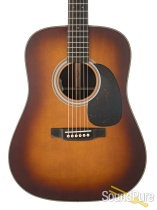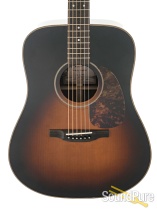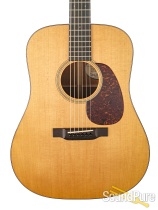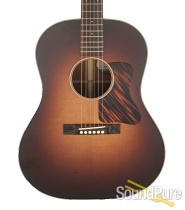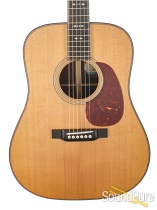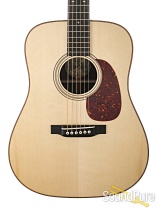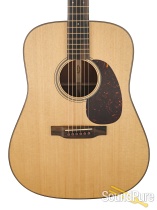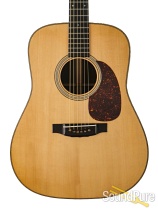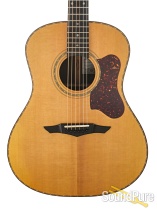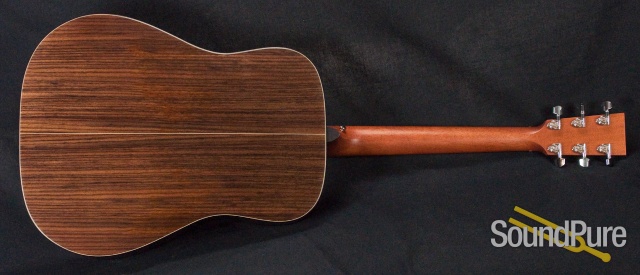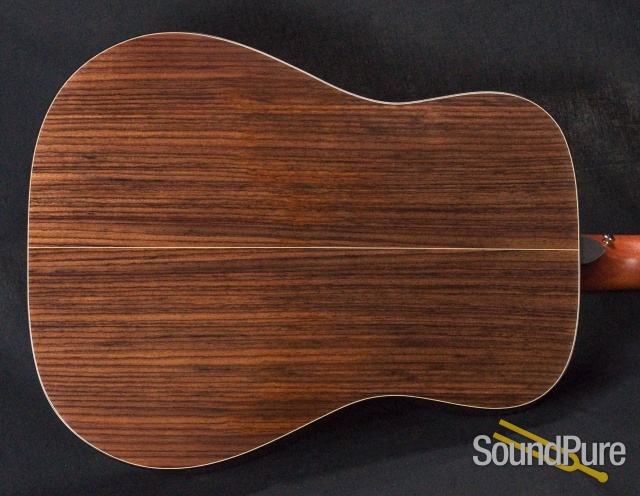The Furch Story
Frantisek Furch has been building acoustic guitars in the Czech Republic (formerly
Czechoslovakia) since 1981. Growing up under a Communist government where American music
was frowned upon, Furch and a large group of the youth at the time fell in love with the charms
of our culture’s music, especially Bluegrass and the acoustic folk-based types. They hid their
passion from authority and met and played late at night around campfires or deep in the woods,
far from the ears of authorities.
Understandably, many of the youth had difficulty procuring quality instruments, due to a
multitude of reasons, namely restrictive government trade policies, and lack of sufficient
spending money. This necessity led Frantisek, originally a banjo player, to begin building guitars
and mandolins to supply his friends and fellow music lovers. For the first 8 years of his
professional instrument-building career, business was conducted in secret because the
communist government outlawed private enterprise. In the garage of his parent’s home he built
acoustic guitars, selling them to the growing underground music community. Well before the fall
of Communism, Furch’s reputation grew and reached the ears and hands of many an impressed
music lover. Beginning in 1989, after the fall of Communism, Furch was finally able to build and
sell formally under his own name. His company was named Furch Musical Instruments. By then,
he was producing acoustic guitars that were superb in quality and in no time, he couldn’t keep
up with the demand. So employees were steadily added and in 1993, they moved the
production into a renovated mill.
Furch and his shop quickly gained a great reputation throughout Europe and Japan for making
highly affordable and extremely nice world-class guitars. By finely handcrafting his instruments
from traditional guitar tone woods like Rosewood, Mahogany, Maple and Cedar, and having
direct access to such highly desired species as the European Spruces, Furch’s guitars rank high
with many of the greats. When compared to other similar guitars, though, his stand out in value.
Furch and his shop of builders have also made use of many modern advancements in their oldworld
shop. His guitars today use a modified bolt-on neck joint as well as top notch hardware
like Schaller Tuners, and top of the line pickup systems.
In 1994, Furch entered the Frankfurt music fair for the first time. This proved to be quite
successful, and the demand for the instruments quickly surpassed their production capacity.
Orders were sold out for at least six months ahead of time.
In 1999, the new Millennium Series of acoustic guitars was introduced. By then, they were
completing thirty guitars a week, with a staff of 20 people.
In 2002, they delivered a guitar with the serial number of 15000 and had almost doubled their
production rate.
In 2003, they purchased a much larger section of the mill, which they began to completely
rebuild. The Durango and Bluegrass series of acoustic guitars were launched at the Frankfurt
music fair and were received with much enthusiasm.
In 2004, they moved into the new facilities and completed guitar number 18000.
In the summer of 2005, a decision was made to adopt the name of Stonebridge, for use in North
America and the UK.
In 2015, with the Furch brand name spreading from the rest of the world into North America,
Furch has decided to bring their instruments into North America under their own name instead of
the Stonebridge Brand. Furch and Company now offer their fine old world products to the entire
globe under the Furch name.




